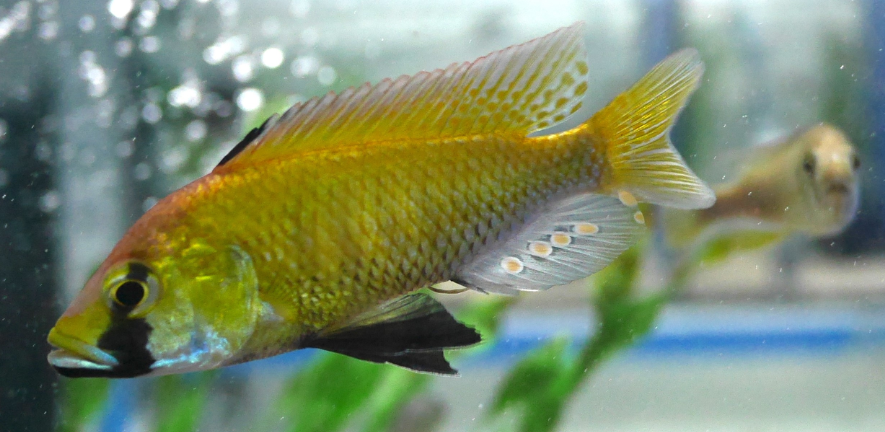
The diversity of life that exists today, and indeed that has ever existed, arose through evolution - often in response to sudden environmental change.
Researchers in this theme use the full history of life on earth to analyse how evolution works and why some species thrive while others go extinct. We investigate the genetic origins of adaptive diversity, the way that new mutations arise and the extent to which genetic innovations are ‘borrowed’ from other lineages. We study how adaptations arise from selective pressures under different ecological environments, including the selective environments that are generated when new species interact, as climate change brings new species together, or that result from social behaviour within species.
Groups and group leaders in this theme:
Image: Cichlid fish. Photo: Cichlid Eco-evo-devo Group.
